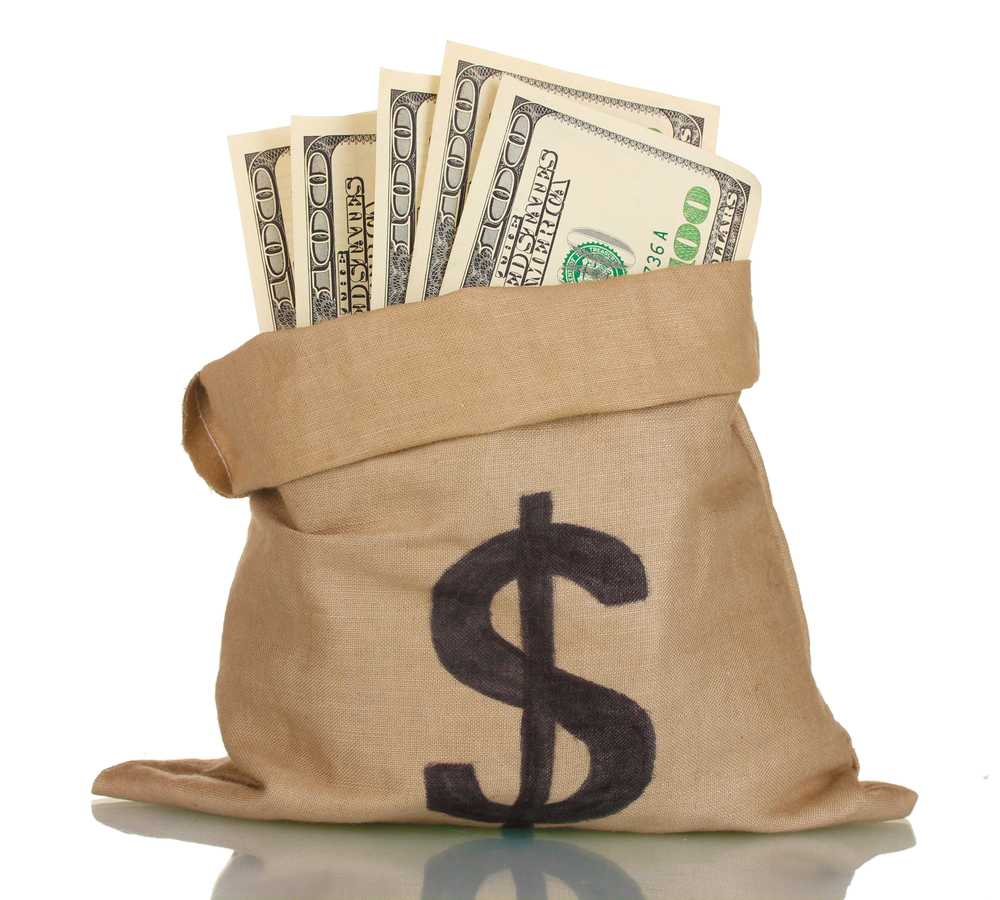As this unpredictable economic crisis rumbles on, it’s as important as ever to look after your money. With so many economic ups and downs (more downs, to be fair), check out our guide to protecting your cash.
One – Get an ISA
Every year, everyone over 16 years old has an allowance of savings and/or investments they can put into an ISA (Individual Savings Account). These accounts are not taxed, making them more attractive than instant savings accounts, which would have to give incredibly competitive rates to beat what you’d get from an ISA.
At the moment, you can save £11,520, and half of that – £5,760 – can be cash. The rest can be shares. If you prefer, the full £11,520 can be used for shares, but you won’t be able to put any cash in an ISA. Or you can mix and match, but you can never save more than £5,760 cash in an ISA.
The rate on the ISA will be better – up to 4.5% – if you decide to forego access to your money, so if you can do without it, take that option. And switch ISA providers from year to year, before any introductory deals have time to expire and the interest rate fall.

Two – Keep an eye on your accounts
Once you’ve opened a savings account with a decent looking rate, it’s easy to leave it to its own devices. But if it’s been more than a year since you set up the account, chances are the attractive looking rate they gave you at the start has dipped to below 1%, a pathetic amount. So shop around, and move your money somewhere else. You could get a rate of about 3% on an easy access account, or as much as 4% if you’re happy to lock it away for a while.
And if you’ve got loads of money burning a hole in your current account, get it out of there. The interest rates you get on them are terrible, too. It’s much better to put your money in an ISA, or at least a savings account which will give you better rates.
Three – Put it on your card
Paying with cash can appear more straightforward, and you may like the tradition of using good old banknotes. But it’s not the safest way, as highlighted when people tried unsuccessfully to get refunds when retailers like HMV collapsed, or at least threatened to, at the start of the year. When a business goes into administration, there’s not a lot of comeback if you’ve paid with cash. But if you’ve used a credit card to pay for goods costing between £100 and £30,000, the card company and the retailer take joint liability. If you’ve paid for it on your debit card, chargeback is another way of getting your bank to retrieve your money.
Four – Don’t just go to the banks when changing money
You’re probably used to changing money at a bank or post office when you go away on holiday. But for larger amounts of money or regular overseas payments, it’s best to protect yourself from fluctuating exchange rates by using a specialist foreign exchange broker, like World First AU.
Whether you’re sending money overseas for business, paying tuition fees for your son or daughter at university, or you’re moving abroad and want your pension paid every month in the currency of your new country of residence, you’ll want the best exchange rates, and these aren’t available through your bank.
But with exchange rates always going up and down, your money could be worth significantly less from one week to the next. So protect yourself with what’s called a forward contract. You can fix an exchange rate for a point in the future, and if the rate goes against you, you won’t suffer.
Five – Watch your pension investments
If you’ve invested in bonds through your pension funds, see if you can switch the money to cash.
This is particularly important if you’re not planning to buy an annuity (an insurance policy that provides a regular income in exchange for a lump sum) with your pension savings. Normally, annuity rates improve when bond prices fall. But the price of fixed-interest investments like bonds and gilts can affect the value of your pension fund.
It really pays to be on top of what your money’s doing. By spending time managing your interests, you’ll be surprised how much money you could save.

